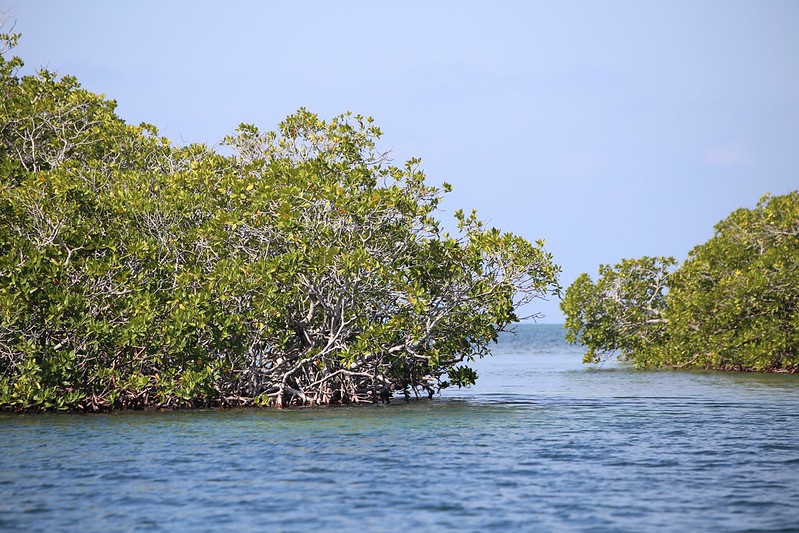The World Bank, March 24, 2021
Resilience and Conservation in a Changing Climate- The Case of Belize
As a small state situated on the Caribbean Sea, Belize is among the most vulnerable and disaster-prone countries in the world. For residents of its long coastline, which hosts the second largest barrier reef in the world, the impacts of climate change are evident.
Conserving the country’s ocean resources is critical – marine and coastal resources support many of Belize’s key economic industries, are essential for food security, and provide invaluable ecosystem services. At the same time, these marine resources also support climate change adaptation and mitigation. In fact, the barrier reef and mangrove ecosystems are essential for protecting Belize’s coastal communities from the increasingly strong storms that are likely to occur in the future.
The Government of Belize, supported by the World Bank, implemented the five-year Marine Conservation and Climate Adaptation Project (MCCAP), financed by the Adaptation Fund. The project had the overarching goal of strengthening climate resilience of the Belize barrier reef. It took a multifaceted approach: helping to build sustainable and alternative livelihoods for coastal communities to relieve human pressures on the reef and to help them adapt to a changing climate; increasing protections and restoration efforts to conserve coastal resources; and building public awareness about climate change and the importance of marine resources.
Continue reading the original article.



